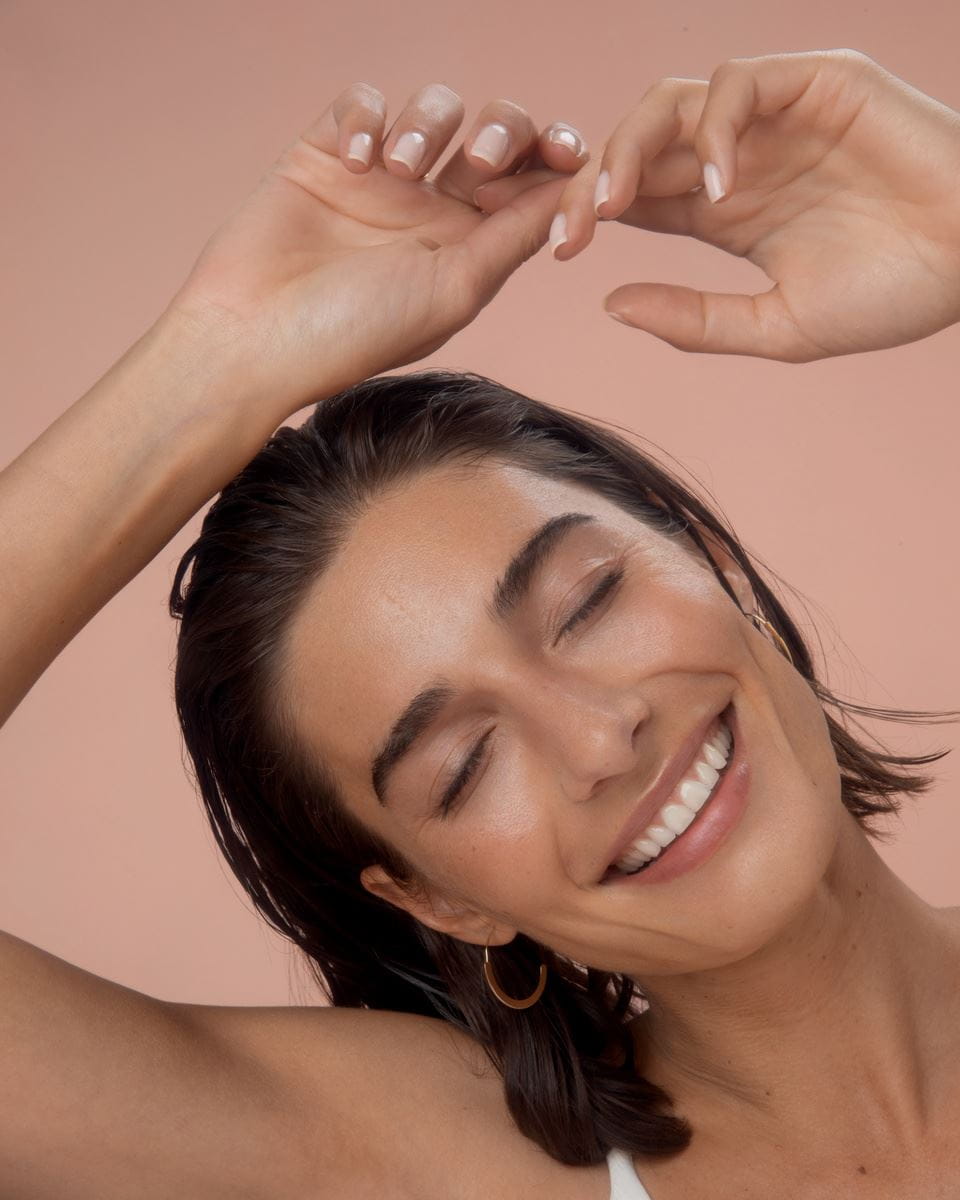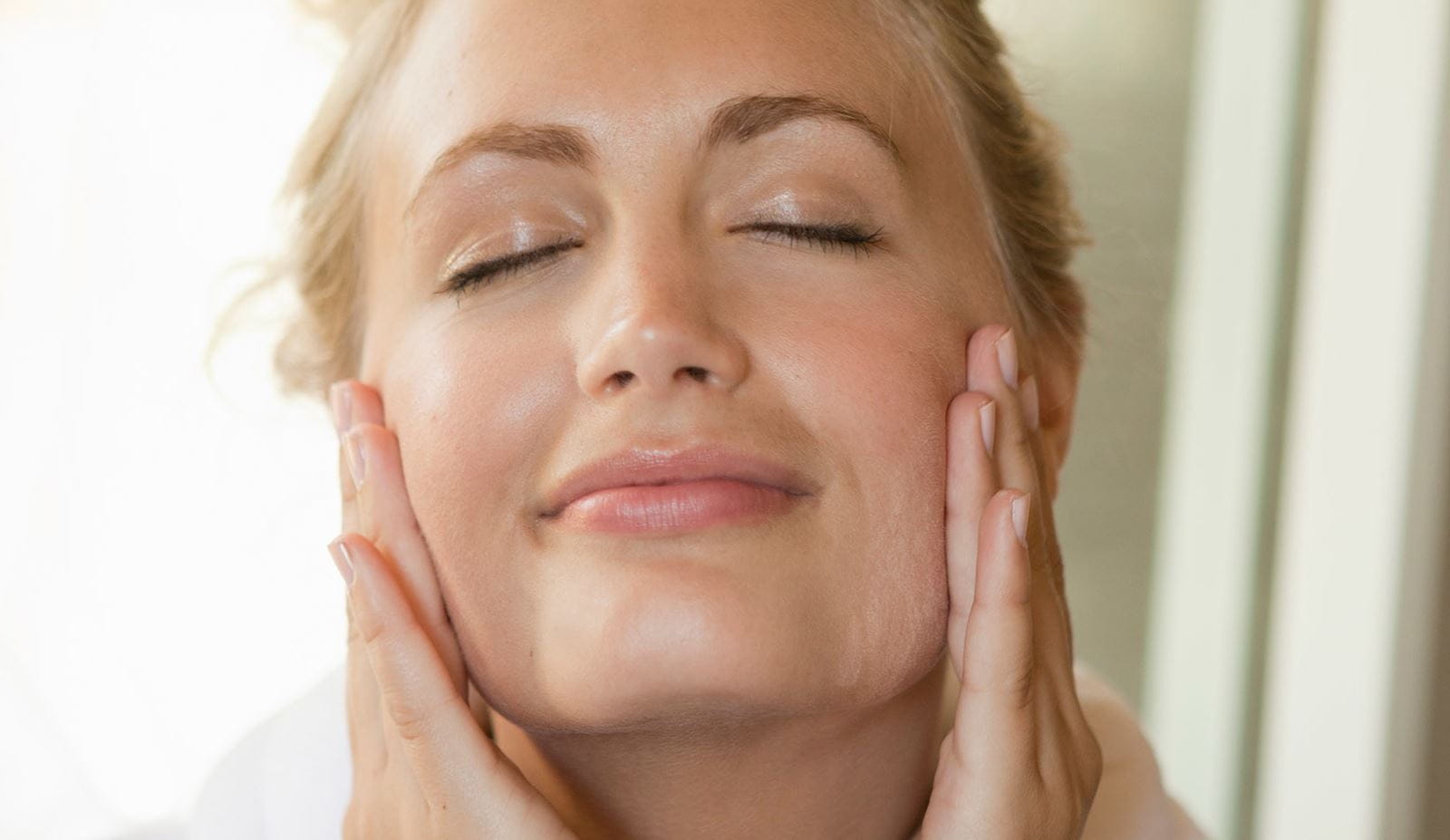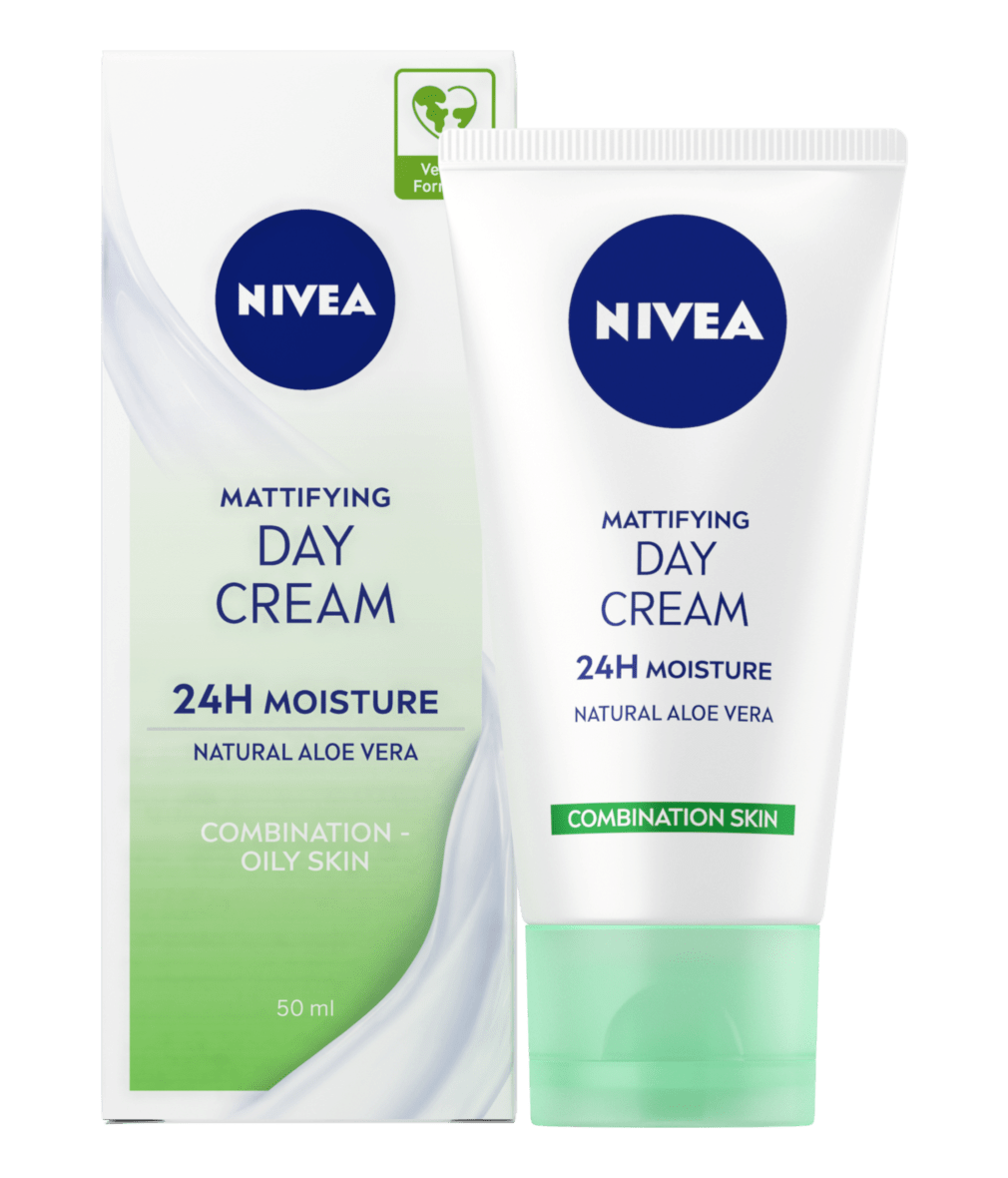
Skin Care For Oily Skin
Everything you need to know about what causes oily skin, how to prevent it & our skin care routine for oily skin.
Skin Care For Oily Skin
Oily skin is usually characterised by its shine and is caused by the excessive production of sebum by the sebaceous glands - the glands in your skin that produce oil to give it that tell-tale gleam.
Sebum keeps our skin moist and healthy but too much of it can make the skin overly greasy, clog pores and increase the likelihood of spots and breakouts.
The right skincare routine will not only control oily skin but will highlight its positive characteristics. Here we look at what causes oily skin and how you can manage it.
Sebum keeps our skin moist and healthy but too much of it can make the skin overly greasy, clog pores and increase the likelihood of spots and breakouts.
The right skincare routine will not only control oily skin but will highlight its positive characteristics. Here we look at what causes oily skin and how you can manage it.
What are the characteristics of oily skin?
There are a few notable signs that signal you have oily skin, including:
- Large visible pores
- Shiny skin
- Frequent breakouts of black heads and white heads
- Acne
- Large visible pores
- Shiny skin
- Frequent breakouts of black heads and white heads
- Acne
How to prevent & reduce oily skin
You can’t get rid of oily skin but by nourishing it and giving it what it needs, you can control it. A good skincare routine for oily skin should be your first step.
A good skin routine will also harness the upside of oily skin - its bounce and softness.
The right beauty routine for oily skin is very important, which is why products for oily skin should always be selected with care. These will respect the normal pH of the face, won’t cause excess hydration - because they have a light texture - and will keep the right balance between deep cleansing and hydration.
A good skin routine will also harness the upside of oily skin - its bounce and softness.
The right beauty routine for oily skin is very important, which is why products for oily skin should always be selected with care. These will respect the normal pH of the face, won’t cause excess hydration - because they have a light texture - and will keep the right balance between deep cleansing and hydration.
Night cream for oily skin
Those with oily-prone skin can tend to shy away from night creams, which are traditionally heavier and thicker than day creams. But oily skins should lap up the calming, restorative benefits of night creams that work while you sleep to reap the maximum rewards from your chosen product. In addition, if you are using active ingredients to treat breakouts or acne, adding a nourishing night cream will act like a comfort blanket on your skin.
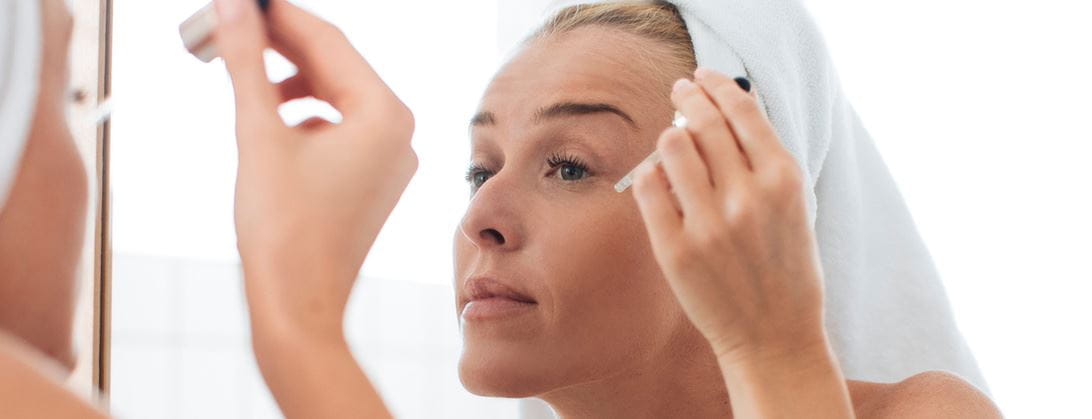


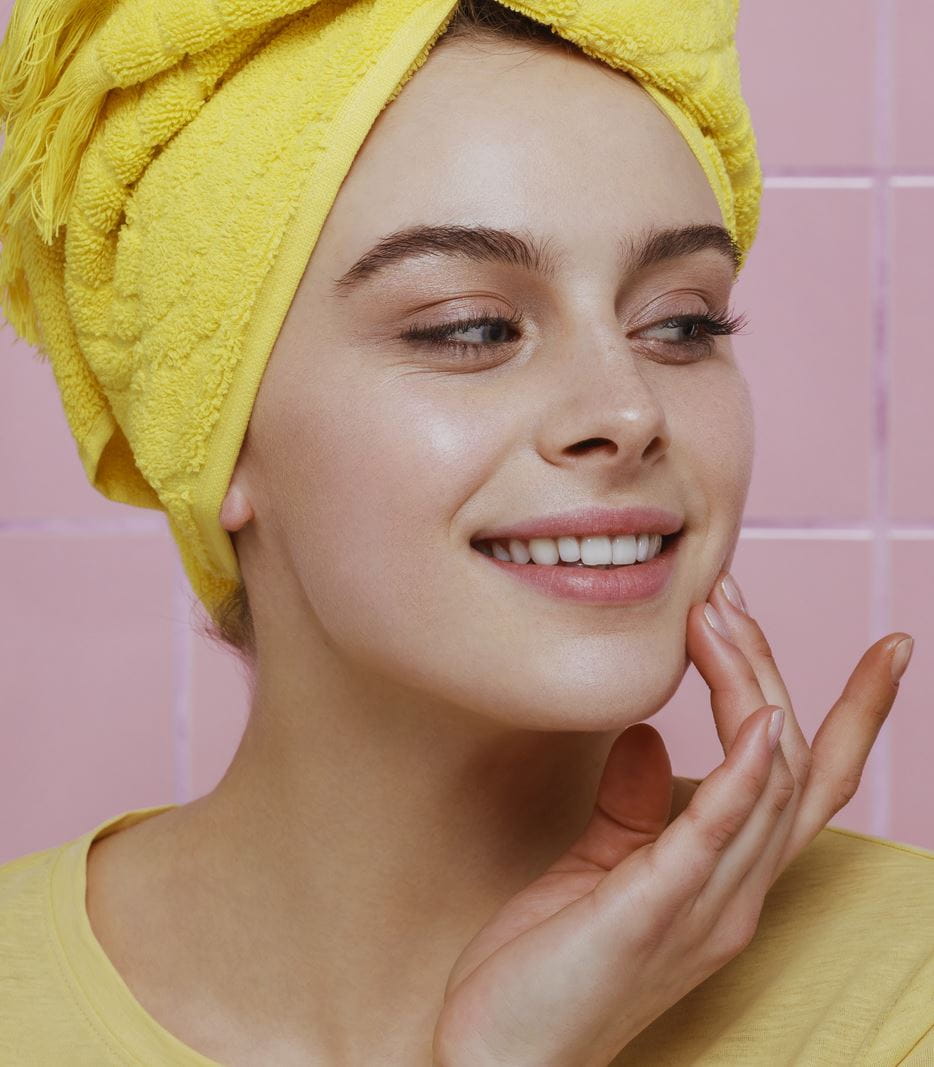
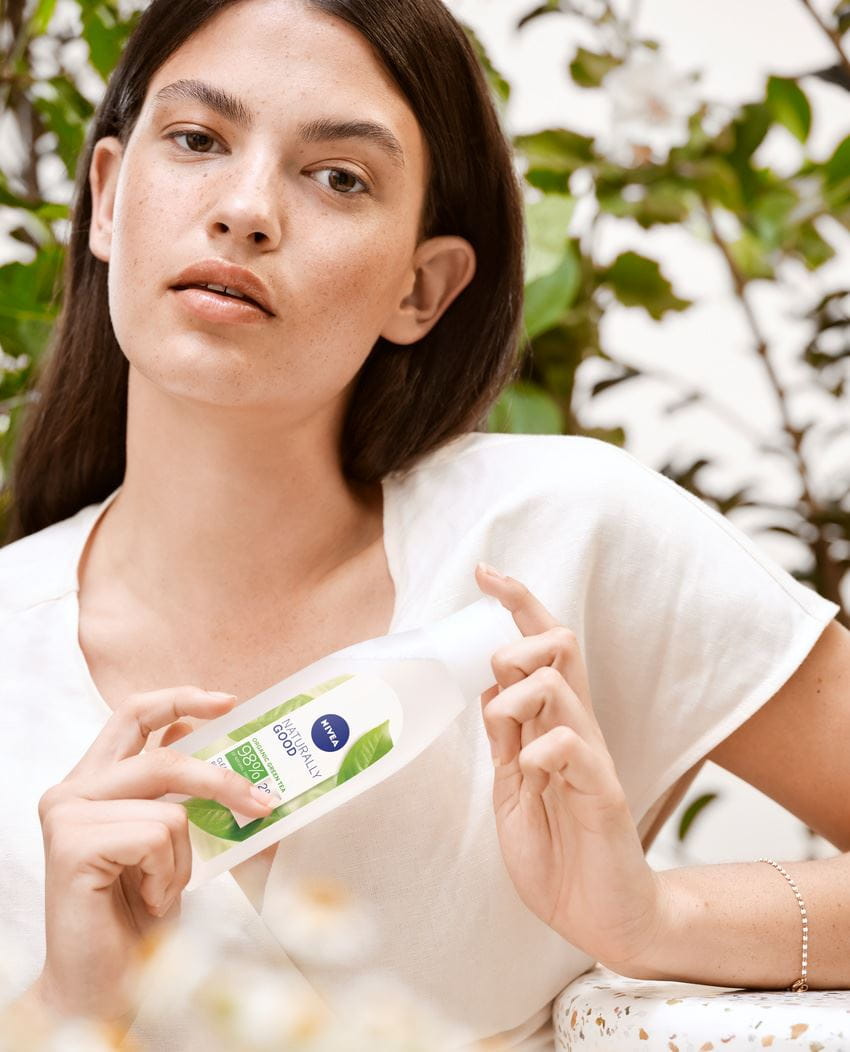
.jpg)
